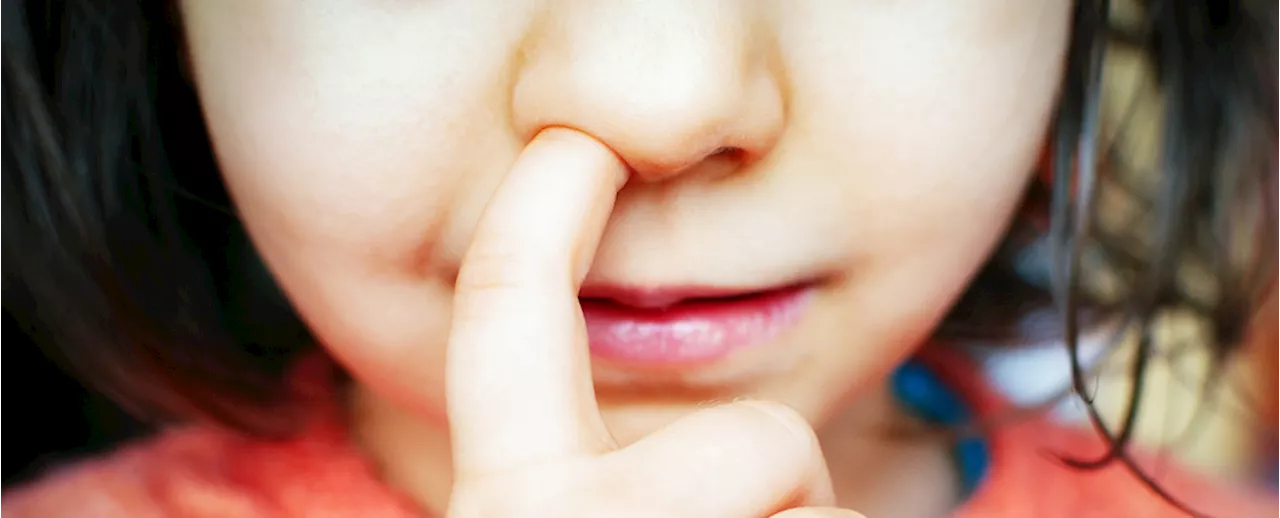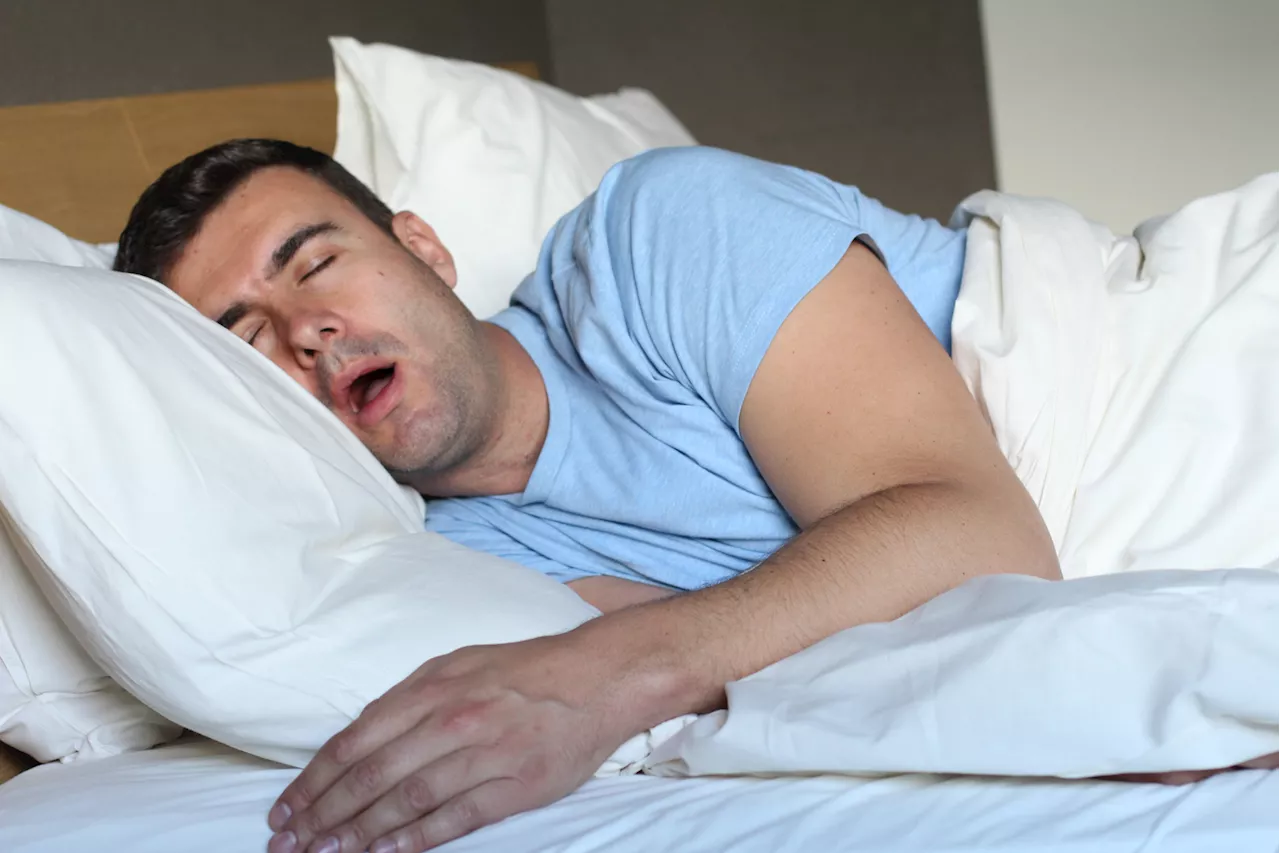A new study from Japan reveals that sleeping for eight to nine hours a night is linked to a significantly higher risk of death from chronic kidney disease. The study also suggests that longer sleep durations might be a sign of underlying health issues that contribute to kidney disease.
A recent study conducted by researchers from Japan has revealed a startling link between oversleeping and an increased risk of death from chronic kidney disease. The study, which analyzed data from over 95,000 Japan ese adults aged 40 to 79 over a period of 19 years, found that individuals who slept for eight to nine hours a night had a 41 percent higher risk of dying from chronic kidney disease compared to those who slept for seven to eight hours.
This risk was even more pronounced for those who slept nine or more hours, with an 82 percent increase in mortality risk. The researchers suggest that longer sleep durations may be a sign of underlying health issues that contribute to the development and progression of chronic kidney disease. These issues could include hormonal imbalances, elevated levels of proteins linked to kidney scarring, or even conditions like obstructive sleep apnea (OSA), which is known to worsen kidney function. Furthermore, the study found that longer sleep durations were associated with a higher risk of coronary heart events, which can further damage the kidneys. The researchers also acknowledge the possibility that longer sleep could be a proxy for socioeconomic factors, as individuals with lower socioeconomic status may have limited access to healthcare and consequently be more vulnerable to chronic kidney disease. More research is needed to fully understand the complex relationship between sleep and chronic kidney disease. However, this study provides valuable insights into the potential health risks associated with oversleeping and underscores the importance of maintaining healthy sleep habits
CHRONIC KIDNEY DISEASE SLEEP HEALTH RISK STUDY JAPAN
United States Latest News, United States Headlines
Similar News:You can also read news stories similar to this one that we have collected from other news sources.
 Shoplifting Surge: 93% Increase in Incidents, Retailers Facing 90% Loss IncreaseThe National Retail Federation (NRF) reports a dramatic rise in shoplifting incidents, with a 93% increase compared to pre-pandemic levels and a 90% surge in monetary losses for retailers. Organized retail crime is a significant factor, with groups reselling stolen goods on a large scale.
Shoplifting Surge: 93% Increase in Incidents, Retailers Facing 90% Loss IncreaseThe National Retail Federation (NRF) reports a dramatic rise in shoplifting incidents, with a 93% increase compared to pre-pandemic levels and a 90% surge in monetary losses for retailers. Organized retail crime is a significant factor, with groups reselling stolen goods on a large scale.
Read more »
 Acetaminophen May Increase Risk-Taking Behavior, Study SuggestsA 2020 study indicates that acetaminophen (paracetamol), a common over-the-counter pain reliever, may increase risk-taking behavior. Researchers found that participants who took acetaminophen reported feeling less fear when considering risky activities compared to those who took a placebo. While the effects were slight, the study raises concerns about the potential societal impact of acetaminophen use, given its widespread consumption.
Acetaminophen May Increase Risk-Taking Behavior, Study SuggestsA 2020 study indicates that acetaminophen (paracetamol), a common over-the-counter pain reliever, may increase risk-taking behavior. Researchers found that participants who took acetaminophen reported feeling less fear when considering risky activities compared to those who took a placebo. While the effects were slight, the study raises concerns about the potential societal impact of acetaminophen use, given its widespread consumption.
Read more »
 Nose Picking May Increase Dementia Risk: StudyA 2022 study suggests a possible link between nose picking and an increased risk of dementia. The research, conducted on mice, found that nose picking, which damages internal tissues, could allow bacteria to travel to the brain more easily, triggering responses similar to those seen in Alzheimer's. While further research is needed, the findings highlight the importance of understanding how these bacteria could contribute to the development of dementia in humans.
Nose Picking May Increase Dementia Risk: StudyA 2022 study suggests a possible link between nose picking and an increased risk of dementia. The research, conducted on mice, found that nose picking, which damages internal tissues, could allow bacteria to travel to the brain more easily, triggering responses similar to those seen in Alzheimer's. While further research is needed, the findings highlight the importance of understanding how these bacteria could contribute to the development of dementia in humans.
Read more »
 iPhone Alarm Clock Issues Cause Oversleeping and Missed AppointmentsiPhone users are experiencing widespread issues with the alarm clock function on their devices, resulting in oversleeping, missed appointments, and potential consequences.
iPhone Alarm Clock Issues Cause Oversleeping and Missed AppointmentsiPhone users are experiencing widespread issues with the alarm clock function on their devices, resulting in oversleeping, missed appointments, and potential consequences.
Read more »
 Thick-Soled Running Shoes May Increase Injury RiskA recent study suggests that running shoes with thick soles could lead to a higher risk of injuries. The study, conducted by the University of Florida, found that runners wearing thick-heeled sneakers were more likely to get injured compared to those wearing flat-soled shoes. The researchers believe this is because the thick heel makes it harder for runners to accurately identify their foot strike.
Thick-Soled Running Shoes May Increase Injury RiskA recent study suggests that running shoes with thick soles could lead to a higher risk of injuries. The study, conducted by the University of Florida, found that runners wearing thick-heeled sneakers were more likely to get injured compared to those wearing flat-soled shoes. The researchers believe this is because the thick heel makes it harder for runners to accurately identify their foot strike.
Read more »
 This Critical Amino Acid May Increase Life Expectancy — Do You Get Enough Of It?Don't sleep on taurine.
This Critical Amino Acid May Increase Life Expectancy — Do You Get Enough Of It?Don't sleep on taurine.
Read more »
